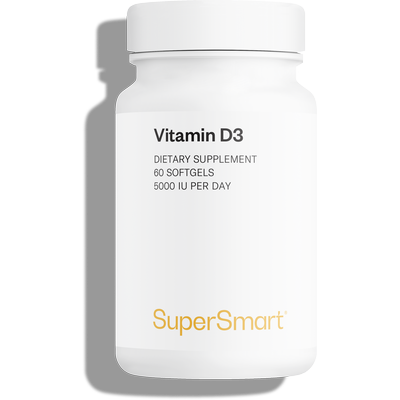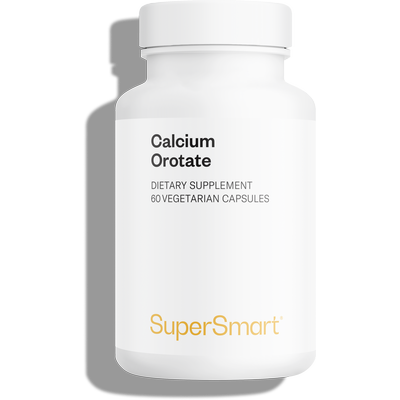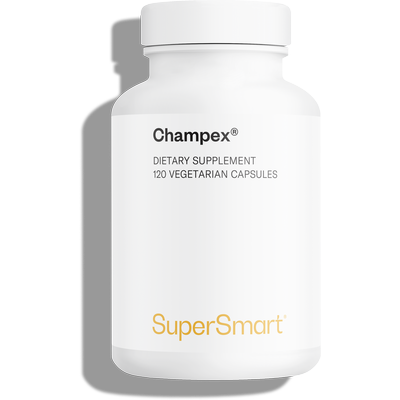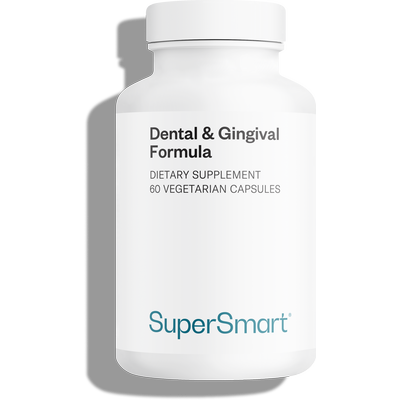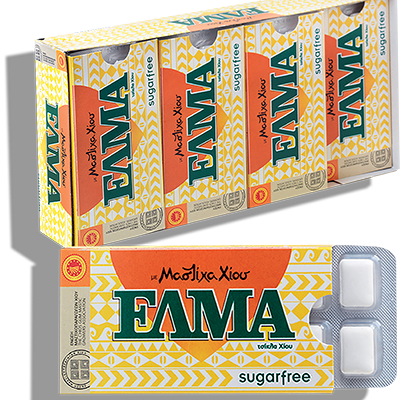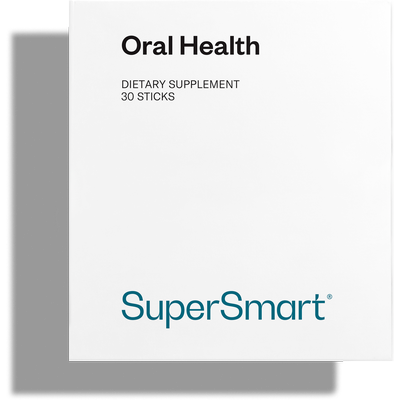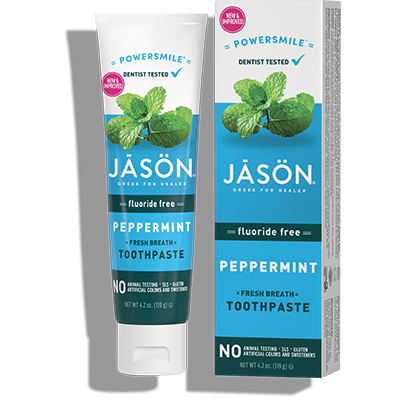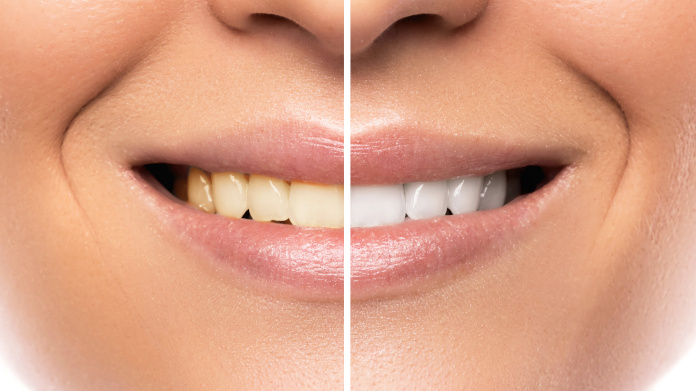10 natural ways to healthy, white teeth
Wondering how to whiten and maintain your teeth naturally? Follow our 10 tips for achieving a dazzling, Hollywood-style smile.
Brushing your teeth: adopt the BROS method
Looking after your teeth obviously starts in the bathroom with effective brushing, the cornerstone of good dental hygiene.
According to the latest guidelines, you should brush at least twice a day(for 2 minutes each time).
To help perfect your tooth-brushing technique, remember the acronym BROP which stands for:
- Brush: Brush your top and bottom teeth separately;
- Rotae: Use a rotating movement, starting from the gum and moving up to the top of the tooth;
- Oblique : Place your toothbrush at an oblique angle of 45° to the gums;
- Patern: Follow the same pattern each time, brushing the outer, inner and chewing surfaces of each tooth.
You should also use a fluoride toothpaste, and change your toothbrush at least every three months.
Avoid certain foods if you want to maintain a sparkling smile
Sweets, fizzy drinks, chocolate bars … It goes without saying that teeth and sugary treats do not go well together. What happens is that sugar gets broken down by the bacteria in oral flora into acids which erode tooth enamel. So make sure you use sugar sparingly!
To prevent your teeth becoming yellow or stained, you should also avoid foods and drinks that are high in tannin, such as wine, red fruits, tea and coffee. You don’t need to ban them altogether: simply rinse your mouth out after consuming them.
The importance of calcium
Did you know that almost 99% of the calcium in the body is concentrated in the bones and teeth? So as you might expect, calcium is crucial for maintaining healthy teeth. Dietary sources of calcium include dairy products, cruciferous vegetables and almonds.
If you want to boost your intake, you can also take a supplement, ideally in the form of calcium orotate, the form best absorbed by the body (try, for example, the product Calcium Orotate).
Apply lemon and bicarbonate of soda to your teeth
Your kitchen cupboard may seem an unlikely place to find things to brighten up your smile, but ingredients such as lemon and bicarbonate of soda have whitening, polishing and descaling effects.
Simply add to your toothpaste a few drops of lemon juice and a pinch of bicarbonate. But don’t use this technique too often as it can harm your tooth enamel - once a weekat most, is enough.
Ensure you have a good intake of vitamin C
You know the role it plays in your immune system but less so its effects on your smile! In fact, vitamin C supports normal collagen production and thus healthy teeth.
To maintain healthy white teeth naturally, you also need to eat a diet high in fresh fruit and vegetables: citrus fruit, kiwi, peppers, baby spinach, broccoli… Dietary supplements such as Liposomal Vitamin C, can also help boost your intake.
Reach those difficult areas with dental floss
It can be hard to get to some parts of the mouth with a standard toothbrush. This means food debris can accumulate without you realising it, encouraging the formation of tartar.
The solution is to dislodge the debris using dental floss after you’ve brushed your teeth at night. Without forcing it, slide the floss carefully into the gap between each tooth.
How magnesium benefits your smile
What do cocoa, sesame, almonds and bananas have in common? They all contain magnesium. Around 60% stored in bones, this mineral salt helps maintain healthy teeth. However, magnesium reserves tend to become depleted faster in sportspeople and those under stress.
It may be wise, therefore, to supplement with magnesium (with a product such as OptiMag, which contains 8 varieties of highly-bioavailable magnesium).
Don’t smoke if you want beautiful teeth
Quite apart from its harmful effects on the lungs and arteries, smoking is no friend to good oral hygiene.
Not content with making enamel yellow, especially the incisors, it weakens the periodontium, the tissues that provide crucial support for the teeth. Not to mention its role in causing bad breath… More than enough reasons to quit smoking!
Make sure you get enough vitamin D
In summer, our bodies are able to produce it from the sun’s UV rays, but in winter, it’s in short supply. Along with calcium, vitamin D helps maintain healthy teeth.
Present in eggs, oily fish, mushrooms and dairy products, it can also be ingested as a supplement (for example, in the product Vitamin D3 5000 IU).
Keep your annual dentist appointment
Few of us look forward to going. But visiting the dentist once a year is essential for detecting any potential dental problems and reviewing your habits.
So while you wait for your next session in the dentist’s chair, try to adopt the good habits described in this article. To make things easier, you can find most of the minerals and vitamins mentioned above in the multivitamin supplements Daily 1 or Daily 3. Which should keep you smiling whatever the circumstances!
Discover also our probiotics for transit and digestion and our dietary supplements for liver and detoxification.

